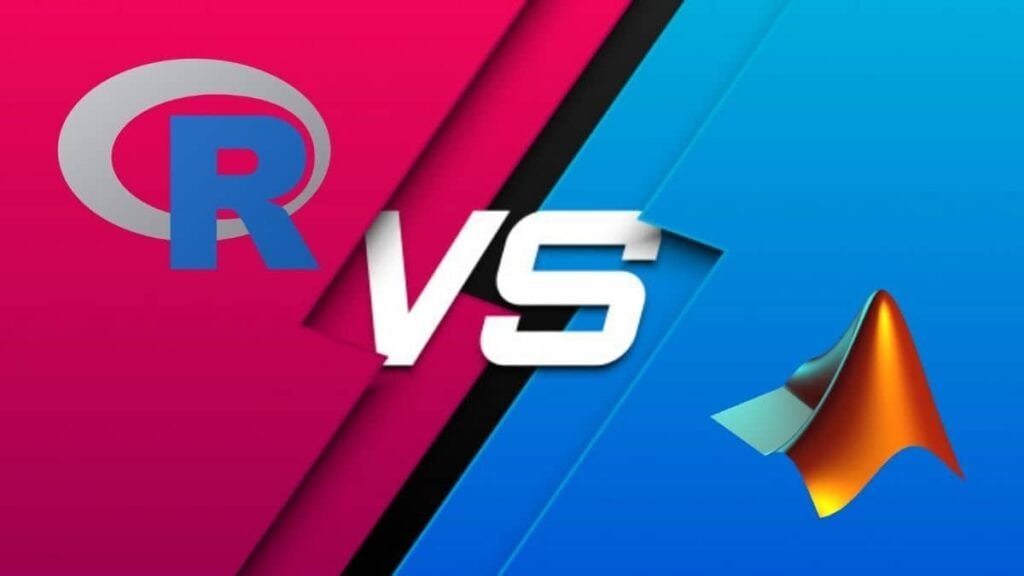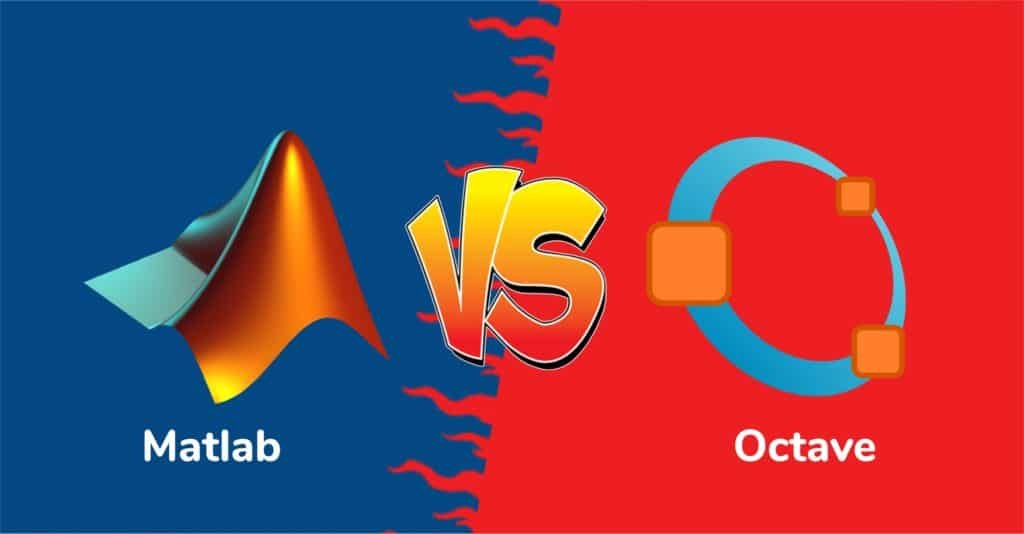It’s really important to choose the right technology for building your website or app. PHP is an older and well-known language used for server-side scripting. Next.js is a newer framework based on React, designed to help with server-side rendering and creating static websites.
In this article, we’ll compare PHP vs Next.js, looking at their features, performance, and when to use each one. By the end, you’ll have a better idea of which technology is best for your project.
What is PHP?
Table of Contents
PHP started in 1994 as a small project by Rasmus Lerdorf to track visitors on his website. It quickly grew into a popular programming language for building websites. By 1997, PHP/FI was released, and over the years, PHP has become a key tool for web development, used by many websites and content management systems like WordPress and Drupal.
Key Features
- Server-Side Scripting: PHP works on the server to create web pages. It processes the code and sends the final page to the user’s browser, allowing for interactive content.
- Wide Support and Community: PHP is supported by almost all web hosting services and has a large, helpful community. This means there are plenty of resources and support available.
- Database Integration: PHP connects easily with databases like MySQL, making it a good choice for websites that need to store and manage data.
Use Cases
PHP is especially useful for:
- Content Management Systems (CMS): Platforms like WordPress and Joomla use PHP to help users build and manage websites with lots of content.
- Server-Side Applications: PHP is ideal for applications that need to handle data on the server, such as online stores and forums.
Exploring Next.js
Next.js is a modern framework built on React introduced in 2016 by Vercel. It simplifies building fast and efficient websites by improving how pages are rendered and generated. Next.js has become popular for its performance and ease of use.
Key Features
- React-Based Framework: Next.js works with React and supports server-side rendering and static site generation, which helps make websites load faster and perform better in search engines.
- Built-In Routing and API Support: It includes simple tools for routing and building APIs.
- Optimized Performance: Next.js features like automatic code splitting and fast builds help make websites quicker. It also offers a smooth development experience with helpful tools.
Use Cases
Next.js is great for:
- Modern Web Applications: Its support for server-side rendering and static site generation makes it perfect for creating fast and interactive web apps.
- SEO-Friendly Websites: Next.js improves search engine rankings by delivering fully rendered pages, making it easier for search engines to index your site.
PHP vs Next.js: A Simple Comparison
Choosing between PHP and Next.js for your website project? Here’s a straightforward comparison to help you decide:
1. How They Work and Performance
- PHP:
- Server-Side Scripting: PHP runs on the server and creates HTML for each page request. This can sometimes make things slower, especially if many people are visiting the site at once.
- Speed Up: PHP can be made faster with caching tools like OPcache and Redis, which help speed up page loading by storing frequently used data.
- Handling Traffic: PHP can handle multiple requests at the same time, but for very busy sites, you might need extra tools like load balancers and additional servers.
- Next.js:
- Rendering Options: Next.js lets you choose how to build your site. You can use Server-Side Rendering (SSR) for dynamic content or Static Site Generation (SSG) for faster loading of pre-built pages.
- Speed and Efficiency: Next.js automatically splits code and optimizes images to make pages load faster. It also uses edge functions to run code closer to users, reducing delays.
- Fast and Modern: Next.js’s modern setup ensures quick load times and efficient performance with minimal setup required.
2. Ease of Development
- PHP:
- Established Tools: PHP has been around for a long time, so there are many tools and frameworks (like Laravel) to help with development.
- Code Quality: PHP’s flexibility can sometimes lead to inconsistent code. Using modern frameworks helps keep things organized.
- Testing: PHP supports testing, but setting it up can be more complex compared to newer technologies.
- Next.js:
- Modern Tools: Next.js, built on React, offers a contemporary and user-friendly development experience with features like live reloading and built-in routing.
- Helpful Documentation: Next.js comes with thorough documentation and lots of plugins to make development easier and quicker.
- Ease of Use: If you know React, Next.js will be easy to learn. For newcomers, there’s a learning curve, but the available resources make it easier.
3. Scaling and Flexibility
- PHP:
- Scalability: PHP can handle growth, but this often means setting up additional tools and configurations.
- Versatility: PHP works for many types of projects and has a wide range of plugins and libraries available.
- Next.js:
- Serverless Ready: Next.js works well with serverless setups, making it easy to deploy and scale.
- API Integration: Next.js includes built-in API routes, making it simple to add backend services.
- Cloud Deployment: It integrates easily with cloud services like Vercel, AWS, and Azure, making scaling straightforward.
4. SEO and User Experience
- PHP:
- SEO: SEO depends on how you set up your PHP site. Good practices, such as managing metadata and URLs, are needed to improve search engine rankings.
- Responsive Design: PHP supports creating a responsive website, but ensuring a good user experience often requires extra work on the front end.
- Next.js:
- SEO Benefits: Next.js helps with SEO by rendering pages on the server. This allows search engines to index your material more easily.
- User Experience: Next.js provides a smooth and fast experience with quick load times and responsive interactions.
5. Community and Ecosystem
- PHP:
- Large Community: PHP has a big community with lots of resources and forums for help.
- Diverse Tools: PHP is versatile, as it is available with many frameworks, CMS platforms, and tools.
- Next.js:
- Growing Community: Next.js has a growing community, especially among React developers, with plenty of support and resources.
- Integrated Ecosystem: Next.js benefits from the React ecosystem, with many libraries and tools to extend its capabilities.
6. Security
- PHP:
- Security Practices: PHP requires following best practices to protect against security issues like SQL injection and XSS. Many PHP frameworks include built-in security features.
- Regular Updates: Keeping PHP secure means regularly applying updates and patches.
- Next.js:
- Built-In Security: Next.js follows modern security practices, including HTTPS and secure authentication.
- Platform Security: When deployed on platforms like Vercel, Next.js benefits from additional security features, such as automatic HTTPS and DDoS protection.
Deciding between PHP and Next.js depends on your project’s needs. PHP is a well-established choice for traditional websites and content management systems. Next.js offers modern features and fast performance for building high-quality, SEO-friendly web applications. Think about your project’s requirements—like performance, scalability, and ease of development—to choose the best technology for you.
Also Read
- Comparing Rust vs Go for System Programming: A Comprehensive Guide
- Data Analyst vs Data Scientist: Which Career Suits You Best?
When choosing PHP
Why PHP Might Be the Right Choice
- For Content Management Systems (CMS):
- It’s great for creating and managing websites with lots of content.
- Updating Old Systems:
- Why PHP? If you have an older system built with PHP, it’s usually best to keep using PHP. This keeps things running smoothly and uses the existing setup.
- Handling Server Tasks:
- Why PHP? PHP is good at managing tasks on the server side. It’s useful for web applications that need to process a lot of data and interact with databases.
- Cost-Effective Development:
- Why PHP? PHP is free to use and supported by many hosting services at low prices. This can help keep your development costs down.
Best Projects for PHP
- Blogs: Use a PHP-based CMS like WordPress to set up and manage a blog easily.
- Online Stores: PHP powers e-commerce platforms like Magento and WooCommerce, which are great for building online shops.
- Internal Business Tools: PHP is a good choice for creating tools and applications for internal business use.
When to Choose Next.js
Why Next.js Might Be the Better Choice
- For Modern Web Apps:
- Why Next.js? Next.js is designed for today’s web needs, offering features like server-side rendering and static site generation. It helps create fast, interactive websites.
- For Better SEO:
- Why Next.js? Next.js helps improve your site’s SEO by delivering pre-rendered pages to search engines, which can help your site rank better.
- For Interactive Websites:
- Why Next.js? If you’re building a site with lots of interactive features, Next.js, based on React, makes it easy to handle dynamic content and user interfaces.
- For Serverless Setups:
- Why Next.js? Next.js works well with serverless and cloud services, making it easy to deploy and scale your site.
Best Projects for Next.js
- E-Commerce Sites: Build fast and efficient online stores with Next.js’s performance features.
- Content-Rich Sites: Next.js’s static site generation helps pages load quickly and improves SEO for sites with a lot of content.
- Advanced Web Apps: If your project needs complex features or API integrations, Next.js provides the tools for a smooth user experience.
Final Thoughts
Choosing between PHP and Next.js depends on your project’s needs. PHP is an old and trusted technology. It’s great if you’re working with content management systems, updating old systems, or looking for a low-cost option. Next.js is designed for modern websites. It’s ideal if you want fast performance, better SEO, and interactive features. Your site loads quickly and performs well with Next.js. In short, PHP is reliable and budget-friendly, while Next.js offers modern features for high-performance sites.
How does PHP’s performance compare to Next.js?
PHP works well for traditional websites but might be slower than Next.js. Next.js is designed for speed, making it a better choice for sites that need to load quickly and perform well.
Can PHP be used for modern websites?
Yes, PHP can be used for modern sites, but it might offer a different speed and features than Next.js. If you need a fast, interactive website, Next.js might be better.
Which is better for e-commerce sites: PHP or Next.js?
Both can work for e-commerce sites. PHP is often used with tools like Magento and WooCommerce for traditional online stores. Next.js is great for modern, high-performance e-commerce sites.
Can PHP work with new technologies?
Yes, PHP can work with new tools. You can use it with modern front-end frameworks like React or Angular to build interactive websites.


